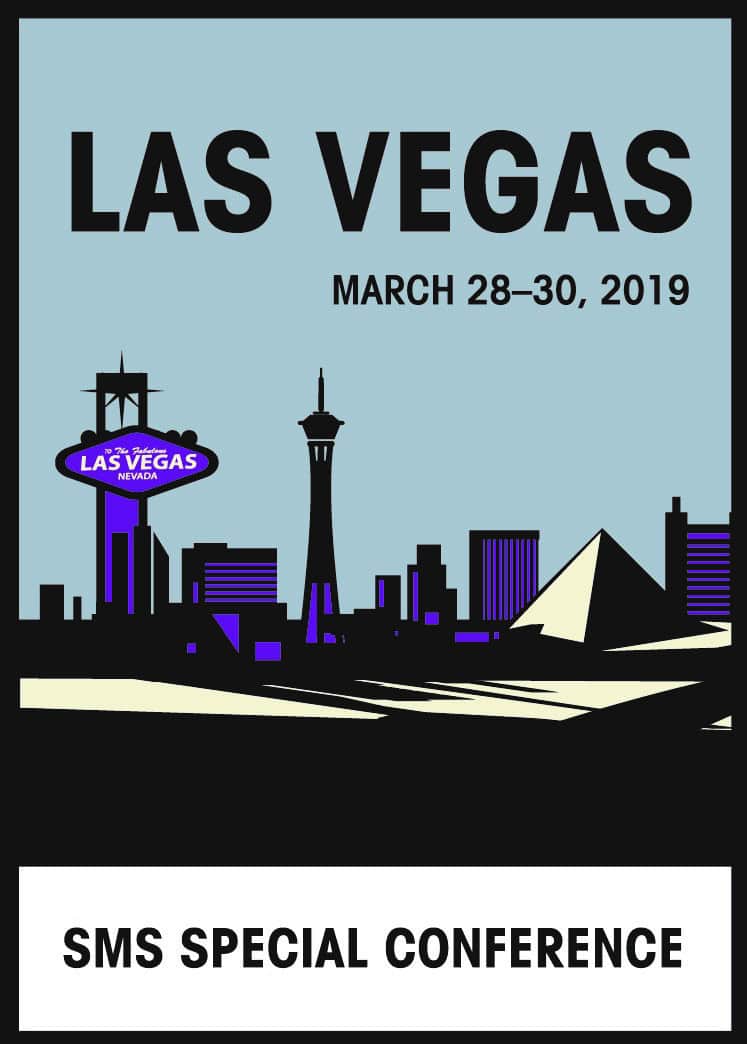From Isolation to Integration in the C-Suite: Consolidating our Gains in Strategic Leadership Research
At its heart, strategic management is concerned with explaining firm heterogeneity. Scholars within the strategic leadership paradigm view the firm as a reflection of its top managers, and thus build upon the premise that firms vary because their strategists vary. Its popularity has risen of late with field-wide interest in behavioral strategy and micro-foundations of strategic management. Scholars have identified the influence of an increasing range of dispositions, cognitions, experiences, and values on CEO behavior, the CEO-TMT and CEO-board interfaces, and broader corporate outcomes while taking advantage of wider and more comprehensive access to promising data sources. However, when viewed collectively, this work is often fragmented. The goal of this SMS special conference is to provide a forum for sharing insights with scholars as well as practitioners and to move closer to an integrated view of strategic leadership phenomena. The conference will provide opportunities for strategy (macro) scholars, micro scholars, and executives to interact. Opportunities include prominent keynote speakers, integrative panel discussions, and specific within-track activities as well as social events for informal interactions.
CALL FOR
PROPOSALS
At its heart, strategic management is concerned with explaining firm heterogeneity. Scholars within the strategic leadership paradigm view the firm as a reflection of its top managers, and thus build upon the premise that firms vary because their strategists vary. Although this research stream extends back decades, its popularity has risen of late with field-wide interest in behavioral strategy and micro-foundations of strategic management. Scholars have identified the influence of an increasing range of dispositions, cognitions, experiences, and values on CEO behavior, the CEO-TMT and CEO-board interfaces, and broader corporate outcomes while taking advantage of wider and more comprehensive access to promising data sources.
However, when viewed collectively, this work is often fragmented. Executive characteristics are studied in isolation, context is often neglected, and little work is done to develop a more systematic or configurational perspective on executive characteristics. Moreover, strategic leadership research often pays insufficient heed to both its psychological underpinnings and its implications for non-academic audiences. We believe now is an especially opportune time to both integrate isolated gains in strategic leadership research and also identify – in conjunction with micro/OB scholars and practicing managers – meaningful new directions for this stream. The goal of this SMS special conference is to provide a forum for sharing insights with scholars as well as practitioners and to move closer to an integrated view of strategic leadership phenomena.
A number of developments in executive research and practice make it pertinent to address these topics:
- The proliferation of research on executive traits and values creates a need to aggregate knowledge and craft a path for future research before the field becomes too fragmented.
- Scholars and practitioners alike are under scrutiny about how executive compensation is detrimental to organizations and society; reconciling the theory and practical implications is therefore critical.
- Given mounting pressures to perform, executive tenure is increasingly short. Concomitantly, executive turnover has important implications for organizations. Balancing this dichotomy presents a challenge, particularly with demands for increased diversity in the C-Suite.
- Executives affect external stakeholders’ views of organizations. The interpretation of executives’ actions/intentions as well as the subsequent status, reputation, or stigma stakeholders assign to an organization are widely consequential, and not yet well understood.
- Accessing executives for the purpose of academic study has long been a challenge, and various approaches offer avenues to advance our understanding of this unique population. At the same time, practicing executives can offer insights into the issues they deem important and ways to better work in concert with academics. Moreover, promising new research methods offering configurational and holistic approaches have emerged.
The conference will provide opportunities for strategy (macro) scholars, micro scholars, and executives to interact, with the purpose of generating interesting and novel research questions and locating possible data sources and field sites that will facilitate their testing. Opportunities include prominent keynote speakers, integrative panel discussions, and specific within-track activities as well as social events for informal interactions.
CONFERENCE SPONSORS



